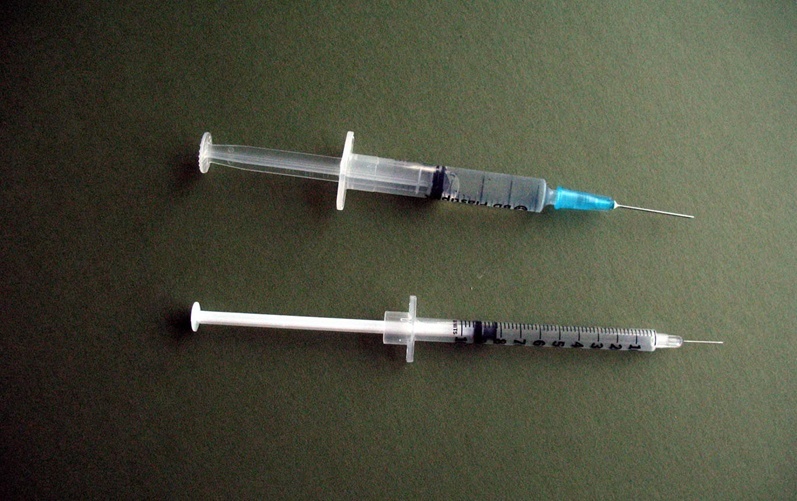Heroin should be available on NHS prescription to reduce crime and wean addicts off the drug, a leading Dundee drugs worker has said.
Gareth Balmer, from Addaction Dundee, said that although methadone should remain the primary method of treatment for addicts, prescribing heroin on the NHS would help users who do not respond to other forms of treatment.
Three pilot studies in England found that allowing users to inject heroin under medical supervision helped cut local crime by two-thirds.
Some 127 addicts took part in the trials in London, Brighton and Darlington. Three-quarters of them “substantially reduced” their use of street drugs while their spending on heroin fell from £300 to £50 a week.
The drop in demand for the drug also led to a corresponding fall in associated crime crimes committed by the users fell from 1731 in three months to 547 in six months.
Addicts attended clinics for heroin twice a day but were also given additional support, including psychological therapy.£15,000 per patientResearchers said that providing heroin on the NHS will cost around £15,000 per patient per year compared to £44,000 to keep someone in jail for a year.
Mr Balmer was speaking after a Royal College of Nursing (RCN) debate on the possible benefits of prescribing heroin.
He said, “Consideration should be given to prescribing heroin or diamorphine for people with heroin problems who are not responding to substitute prescribing treatment.
“About 15,000 people with heroin problems are failing to respond to substitute prescribing treatments and 15% of people on methadone treatment are often using heroin on top, increasing the risk of overdose and serious health complications.”
He added, “For a small, hard-to-treat group of heroin users, heroin prescribing could help reduce drug use, blood-borne infections, drug-related death and remove the need to commit crime.
“It is unlikely that people will use street heroin on top if we get the assessment, support and prescribing right.”
The RCN was split on the issue although its general secretary, Dr Peter Carter, said afterwards he believes prescribing heroin is necessary.
Speaking in a personal capacity, he said, “I do believe in heroin prescribing. The fact is heroin is very addictive.
“People who are addicted so often resort to crime, to steal to buy the heroin. It (prescribing heroin) obviates the need for them to steal.”
He added, “It might take a few years but I think people will understand.Proper services”If you are going to get people off heroin then in the initial stages we have to have proper heroin prescribing services.”
Dr Carter said schemes in other countries had also seen positive results, with experts in Sydney and Amsterdam finding they stopped users injecting in playgrounds and stairwells.
Several nurses agreed with Dr Carter at the RCN conference in Bournemouth.
Claire Topham Brown, from Cambridgeshire, said providing heroin on the NHS could stop or reduce illegal drug use and crime, cut the transmission of viruses like HIV and hepatitis and provide a “stepping stone” to get people off heroin and on to the heroin substitute methadone.
But Gail Brooks, from the RCN’s safety representatives committee, opposed the idea.
She said, “Where would this stop? Cannabis, cocaine, crack cocaine… other substances?
“If you do this for heroin do you have to do this for every other drug out there?”
Although the number of heroin addicts needing treatment has fallen in recent years, almost 200,000 people receive methadone each year.
A Scottish Government spokesman said, “The Scottish Government has no plans to promote heroin prescribing in Scotland.”
